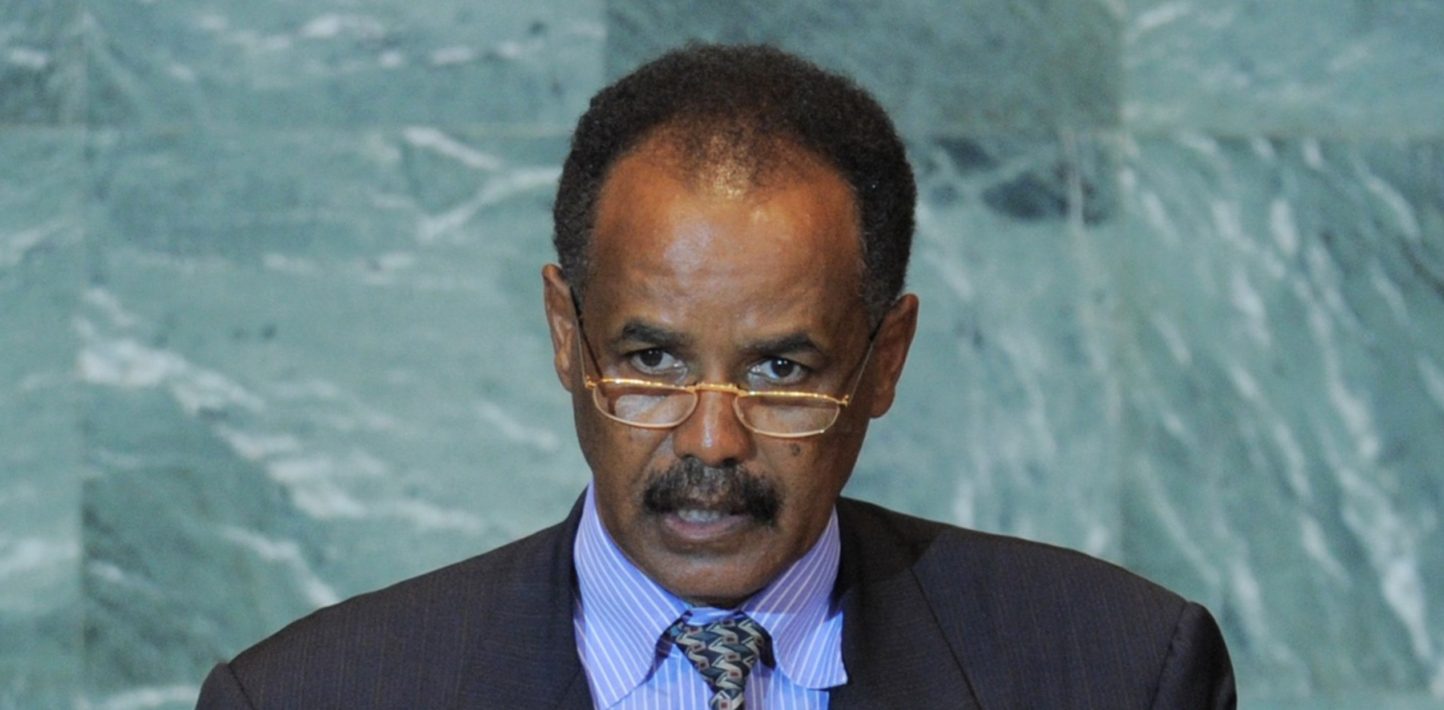Eritrea’s improved relationship with neighbouring Ethiopia presents a good opportunity to advance the protection of the vast array of human rights that the Eritrean people have long been denied including the rights to freedom of expression, peaceful assembly, movement, and fair trial, Amnesty International said ahead of President Isaias Afwerki’s historic visit to Addis Ababa this weekend.
Amnesty International calls on the Eritrean authorities to immediately end human rights violations and abuses, including persecution of religious minorities and forced military conscription.
The end of hostilities with Ethiopia must be followed by tangible reforms that make a real difference in the daily lives of the people and put an end to decades of repression.
Seif Magango, Amnesty International's Deputy Director for East Africa, the Horn and the Great Lakes
“The end of hostilities with Ethiopia is a joyous moment for Eritreans, but it must be followed by tangible reforms that make a real difference in the daily lives of the people and put an end to decades of repression in the country,” said Seif Magango, Amnesty International’s Deputy Director for East Africa, the Horn and the Great Lakes.
“All individuals must be allowed to freely express themselves – on the streets and in the media, including social media, without fear of being victimized by the authorities. All those detained solely for exercising their human rights, including speaking out against the government, must be released immediately and unconditionally.”
All individuals must be allowed to freely express themselves – on the streets and in the media, including social media, without fear of being victimized by the authorities.
Seif Magango, Amnesty International's Deputy Director for East Africa, the Horn and the Great Lakes
Thousands of Eritreans, including human rights activists and 15 opposition politicians arrested in 2001, are currently languishing in detention simply for expressing their views.
Eritrea is the biggest jailer of journalists in Africa, and ranks second from the bottom globally in the 2017 RSF Press Freedom Index. The last independent media house in the country was shut down 17 years ago.
Meanwhile, thousands of citizens, including children, have been forced into military training and national service, a policy that has prompted many young people to flee the country.
The forced conscription of Eritreans, some as young as 15 or 16 years of age, is a shameful practice that has undermined the rights of thousands and created a generation of Eritrean refugees.
Seif Magango, Amnesty International's Deputy Director for East Africa, the Horn and the Great Lakes
“The forced conscription of Eritreans, some as young as 15 or 16 years of age, is a shameful practice that has undermined the rights of thousands and created a generation of Eritrean refugees,” said Seif Magango.
“Peace with Ethiopia presents an opportunity for the Eritrean authorities to end this policy, and usher in an era of respect for human rights, including the right to freedom of religion.”


